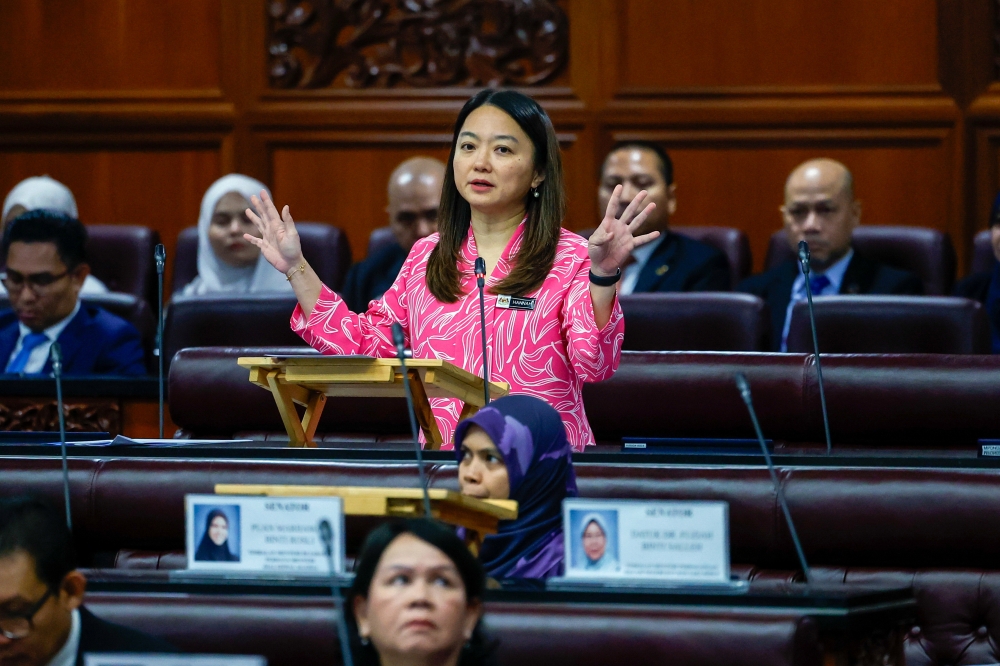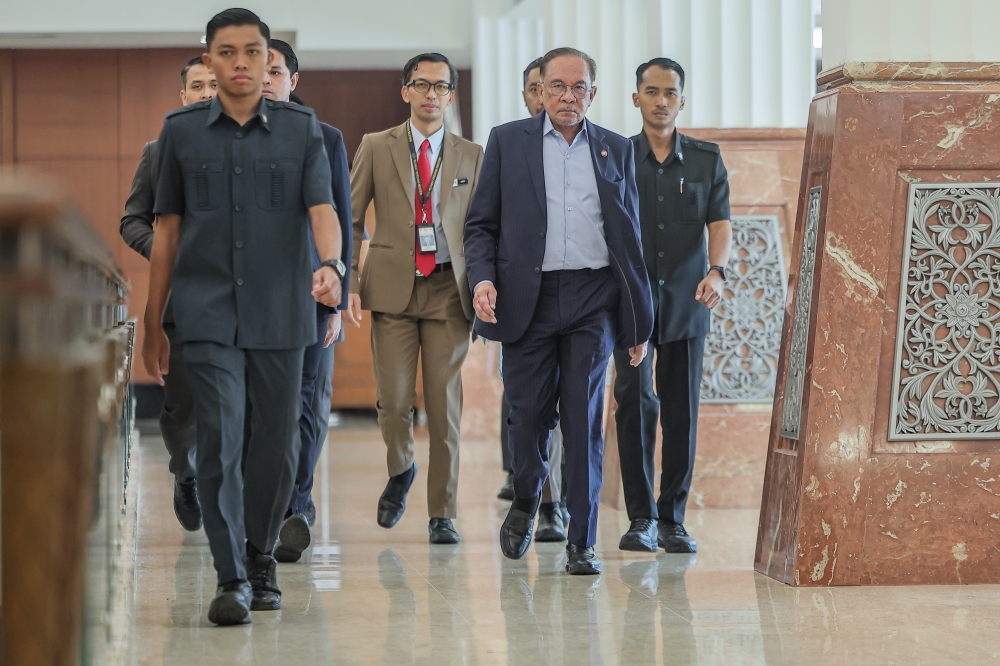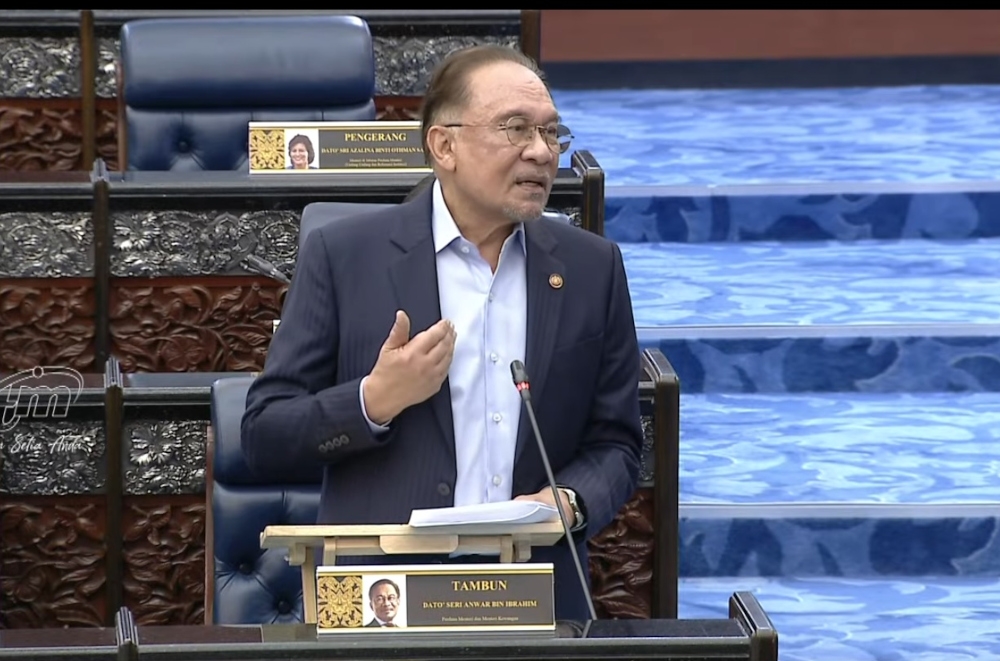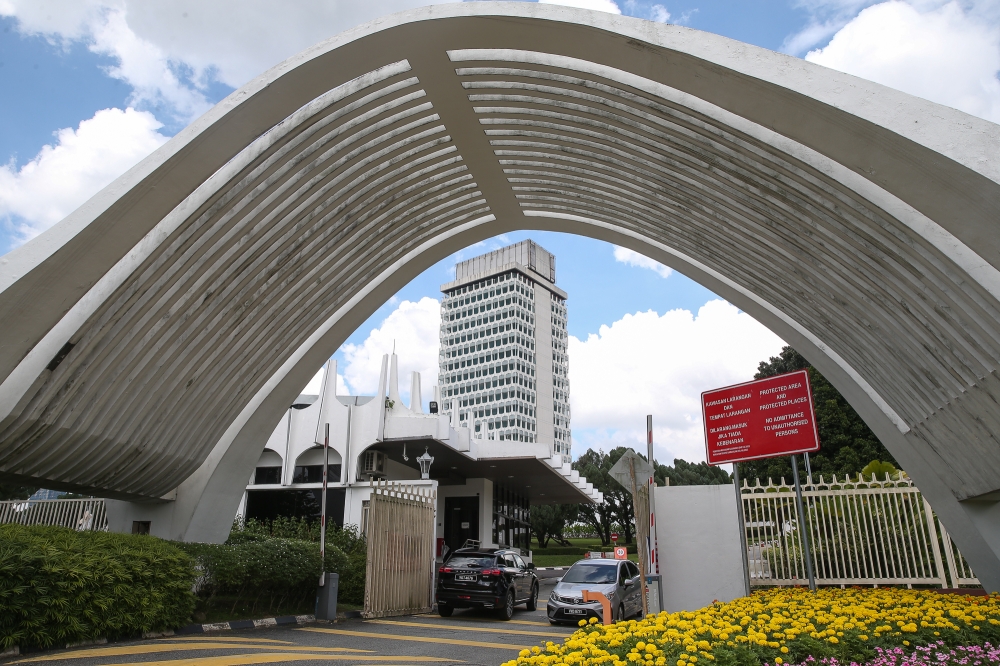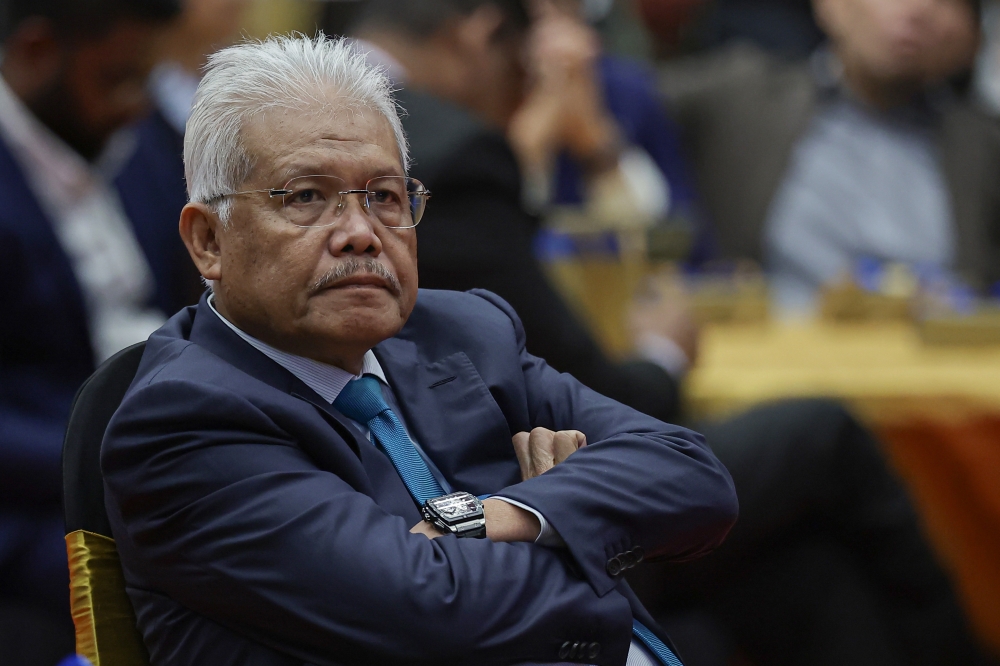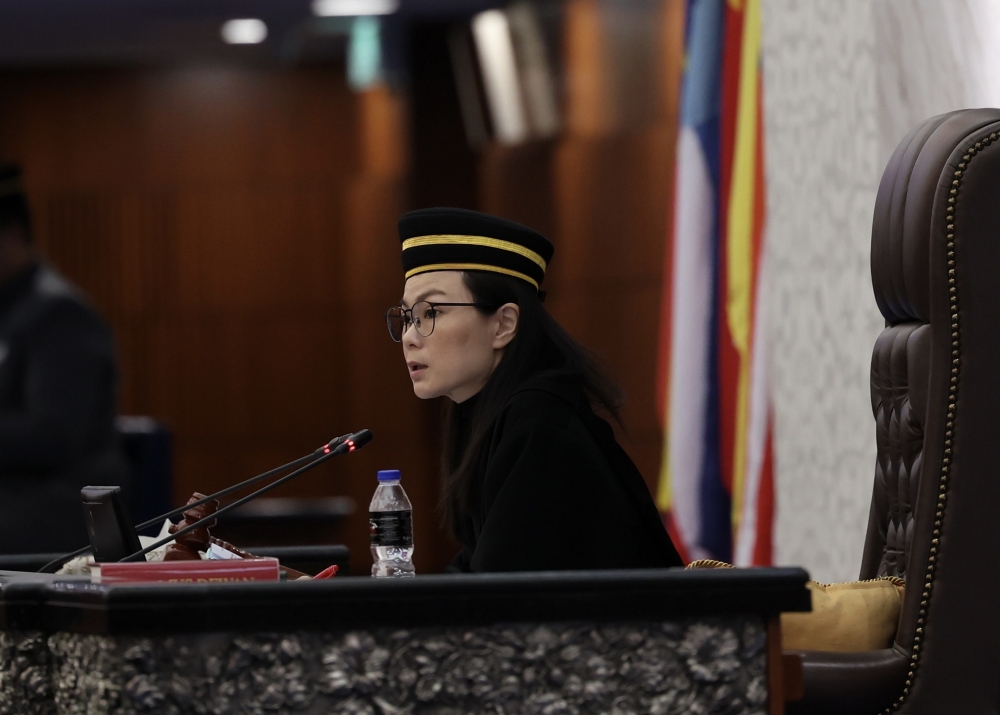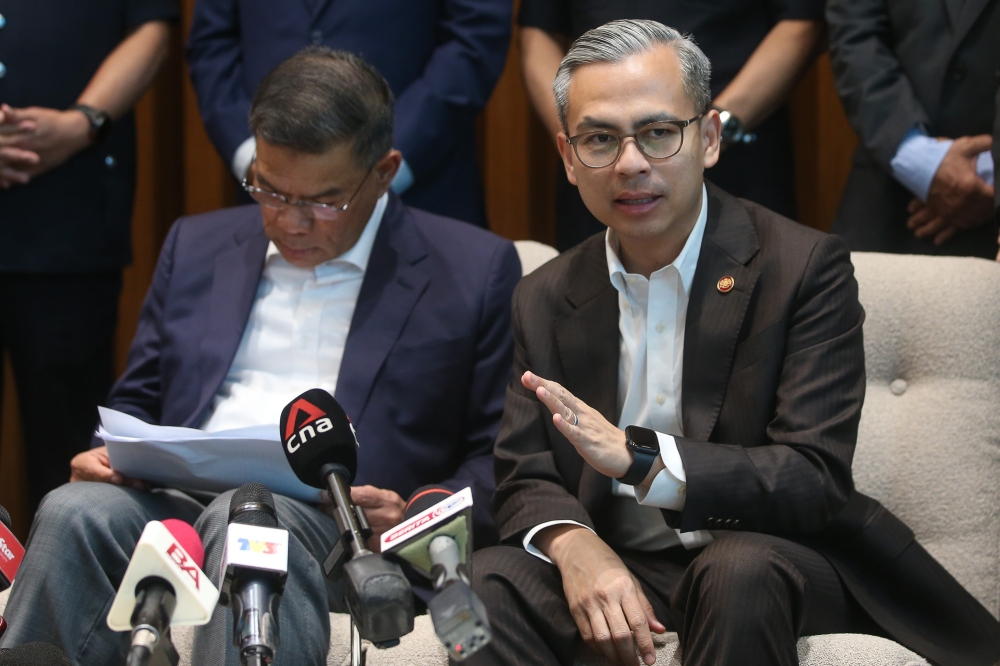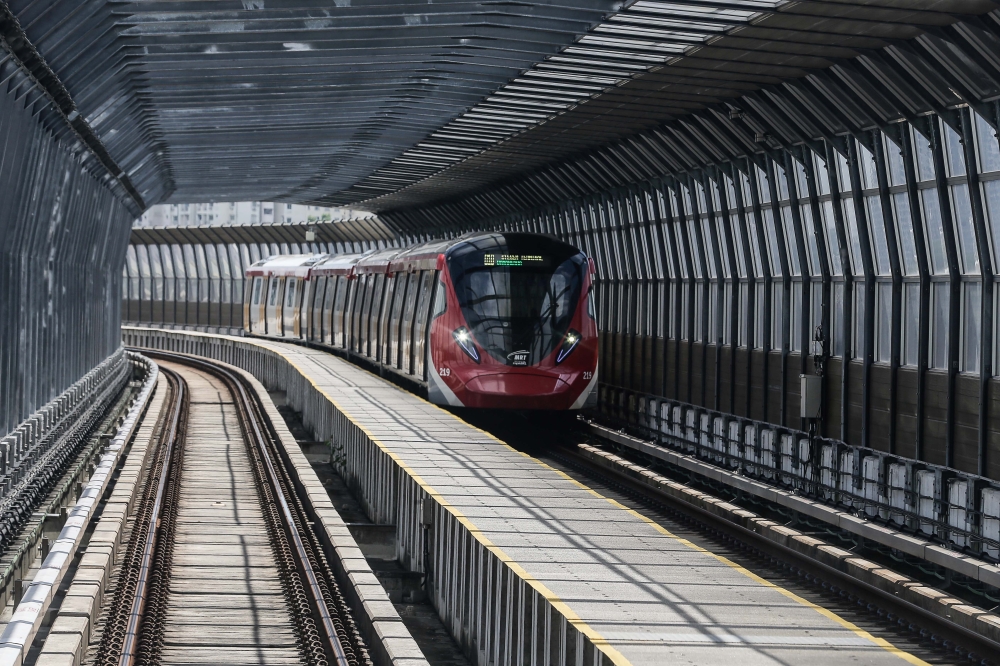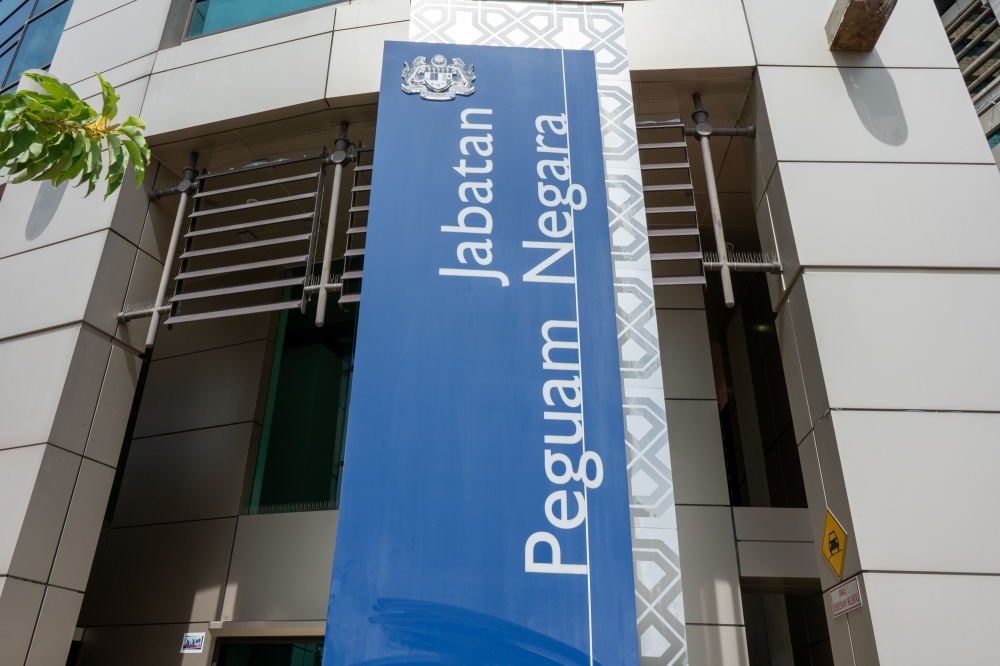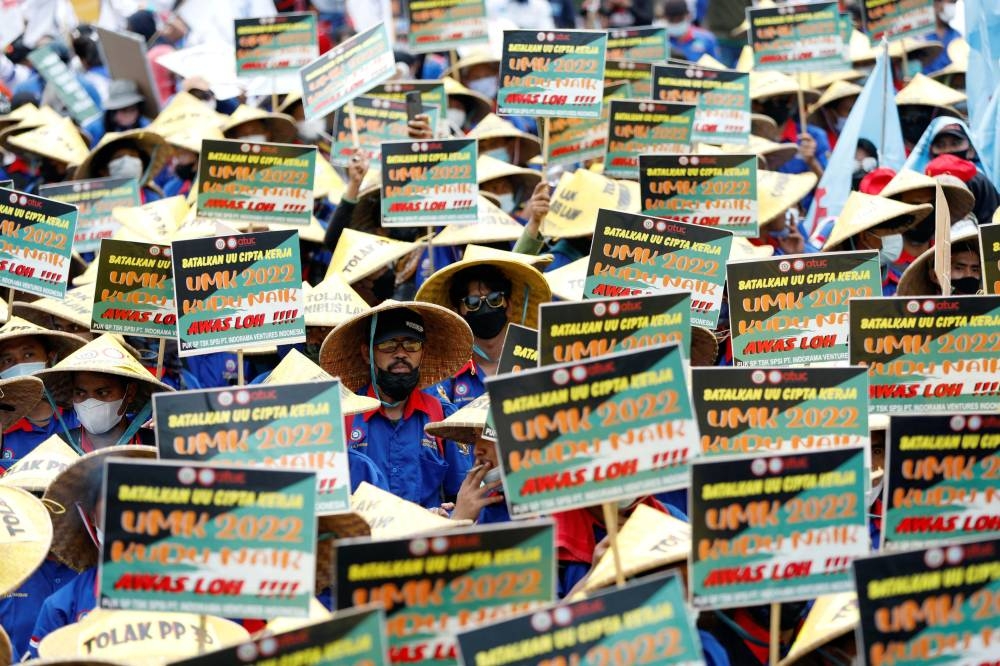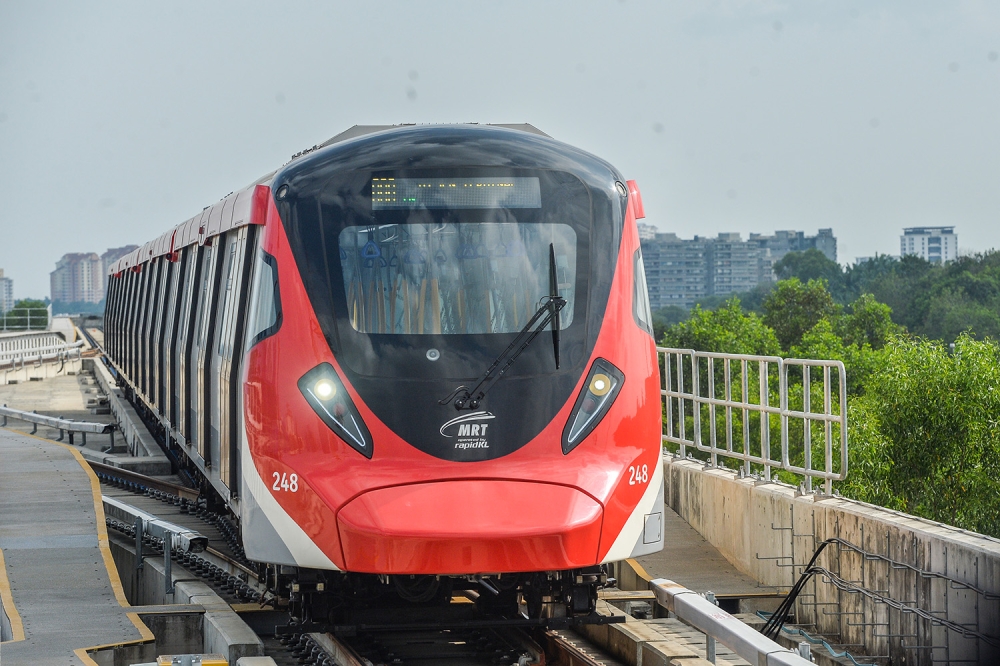JAKARTA, June 9 ― Indonesia's parliament will soon open a fresh debate of a flagship law that aimed to transform the country's investment climate, a senior lawmaker told Reuters, to comply with a court ruling that found fault with the way the legislation was passed.
The Constitutional Court last year ruled that the passage of President Joko Widodo's vaunted Jobs Creation Law was flawed due to limited public consultations and ordered lawmakers to restart the process within two years, otherwise the law would be deemed unconstitutional.
Passed in 2020, Indonesia's so-called “omnibus” law revised over 70 other laws and was lauded by foreign investors for streamlining business rules in Southeast Asia's largest economy, which is notorious for its onerous bureaucracy. But it also sparked nationwide protests from workers, students and green groups, who said it eroded labour and environmental protections.
Those unions are preparing this month to stage mass protests to try to pressure authorities to meet their demands.
Supratman Andi Agtas, who heads parliament's legislative body, told Reuters that amendments could be made once parliament revisits the law, and he stressed that the process would be thorough and views of the public would be heard.
“We will discuss the content, one by one, word by word,” Supratman said in an interview, adding that provisions in the law can still be changed.
“This is a political space, we don't know whether political factions (parties) have the same understanding as before. Maybe the atmosphere has changed, we don't know.”
Parliament last month changed legislation that governs the way laws are passed, including specifying what constitutes public consultations, a move that analysts say was aimed at making it easier for the government to comply with the ruling.
Hastened revival
Since the court intervention, some trade unions and lawmakers have been pressuring parliament to reverse some of the changes brought about by the Job Creation law.
Some of the law's most controversial elements include a cut in mandatory severance pay and relaxation of rules on environmental impact studies for certain projects.
Riden Hatam Aziz, who heads the Federation of Indonesian Metalworkers Union, said tens of thousands of workers will protest against efforts to preserve the legislation.
“We are sure they will not change the content,” Riden said.
“The analogy is like this: They built a house without following the rules. But they didn't want to be told they're wrong, so now they changed the rules,” he added, referring to the recent changes to lawmaking rules.
Parliament's Regional Representative Council will be allowed to join the renewed debate on the law but will not get to vote on it.
One of its members, Alirman Sori, told Reuters he will seek changes to give powers back to regional governments in issuing business permits, including in the mining sector.
Edi Prio Pambudi, a senior official at the Coordinating Ministry for Economic Affairs, said some foreign investors had raised questions about the legality of the law at the recent World Economic Forum in Davos.
“We explained we are working on the legal standing,” Edi said, while declining to comment on potential revisions. ― Reuters

